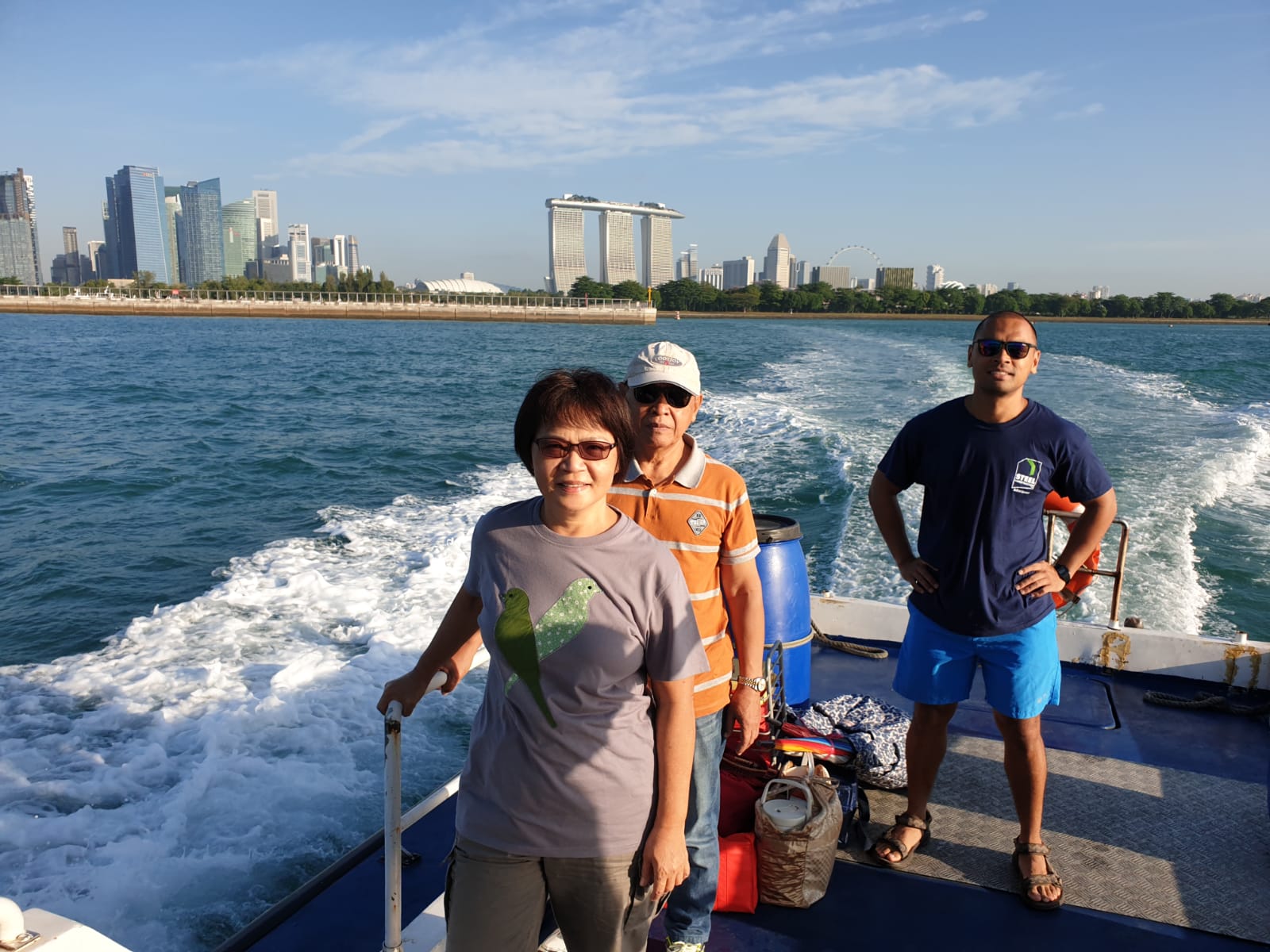- Joined
- Jul 16, 2008
- Messages
- 24,486
- Points
- 113
Despite my Chinese mother, I do not look Chinese, and despite my love for the language of You Jin and Pan Shou, I do feel alienated when I speak it as my own tongue.
Once, I plucked up the courage to go to a xinyao concert. It is still not clear to me whether people were really glancing at me before the concert started, or whether I was just feeling self-conscious being the only brown person in the crowd. What was clear were the heads turning and the looks of surprise when we all started to sing along with our favourite melodies.
For the rest of the concert, the lyrical poetry of xinyao was accompanied by my neurotic narration of what others could have been thinking: Where did this guy come from? What is he? Wah, Malay also know xinyao.
In fact, I would say, I am not even half-Malay. My father is from Sumatra, with a Javanese and Batak family.

But that takes so many more words than just saying "I am Malay" to any stranger who deigns to question me about my ethnic identity, before they even know my name.
So I say those three words, hoping the xeno-interrogation ends there, and I remind myself that in any case, Malays, Javanese, and Batak are all from the Nusantara, speaking Bahasa serumpun.
One day a makcik asks me for directions to makam Sharifah Rogayah in Tanjong Pagar, and as I tell her in my Indonesian-accented Malay to follow me, enthusiastic for a chance to show my familiarity with my neighbourhood.
I gently ask about the site's significance to her, and instead of answering, she asks, "Awak dari mana? Bukan orang sini ke?" — "You’re not from here, are you?"
We can connect better without labels like CMIO or “local”
No matter how I change the language I speak or the way I speak, I am not assumed to be "native" in either Mandarin or Bahasa, and it makes me feel so fed up.
But this prescriptive way of equating identity and language does not frustrate only me. I feel a sense of solidarity with others who feel tired living inside the rigid CMIO boxes assigned to us, with its attendant vernaculars and identities that cannot be renegotiated.
Why are so many of us surprised when non-Chinese speak Mandarin or when Peranakans assert their affinity with the Malay language?
Has Singapore lost so much of our complex Nusantara and Nanyang identities that we now struggle with the rich landscape of regional accents?
What is the price of rejecting multilingualism in favour of reductive bilingualism?
A stereotypically bilingual local probably speaks enough Mandarin “for the China market”, together with American-accented English. I am personally guilty of defaulting to a thick American accent in any technical or professional setting, after 10 years of school and work in the U.S., leading to more questions of "are you local?".
Fortunately, this haunting question does not come up when I speak Singlish, because using words like gostan and aiyoh helps smooth over all language cracks among locals.
And yet, what would it mean to look and sound completely local in Singlish but to not have a mainstream Singaporean identity?
Expanding our imagination of local identity
How do I tell my old NS encik that, no, I’m not married with children yet, because my partner and I cannot get married here (LGBT???) and we couldn’t both have legal rights for adoptive children here (LGBT???), so we have to leave our home eventually to start a family? (LGBT???)
https://mothership.sg/2021/08/expand-local-understanding-ivan-maulana-essay-competition/
